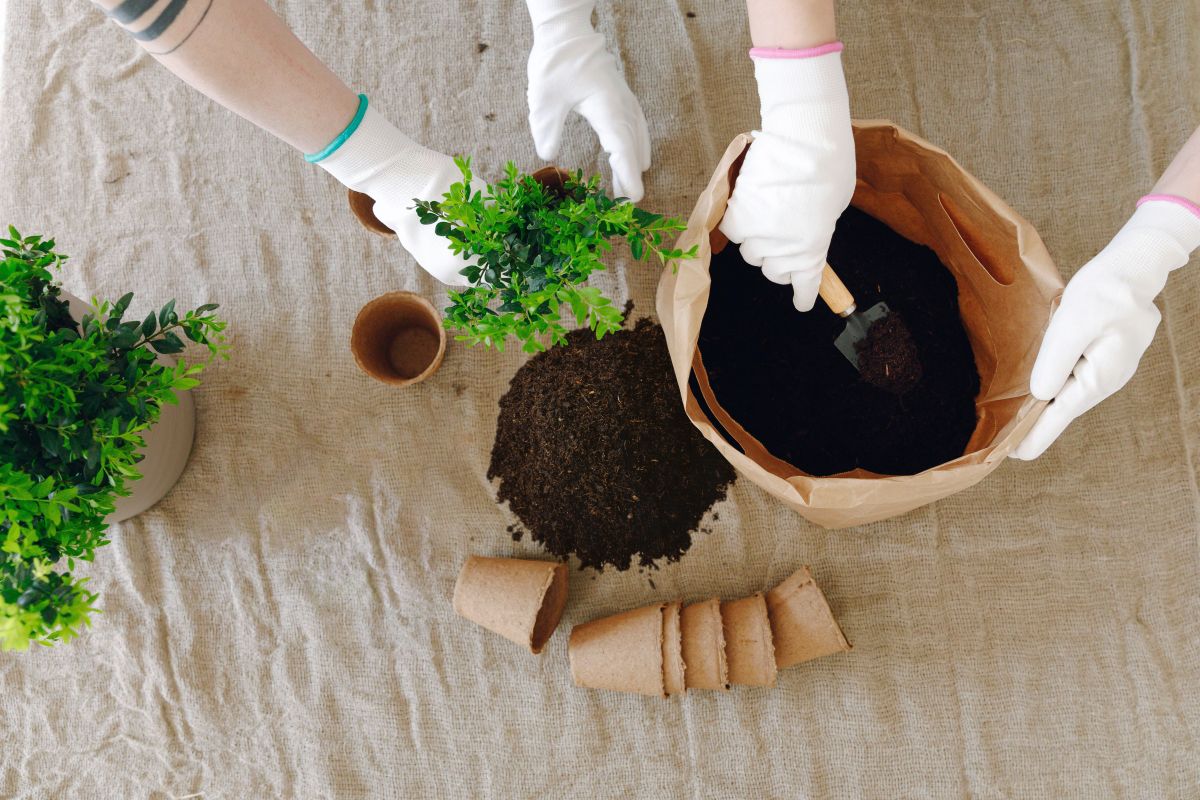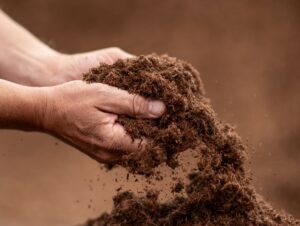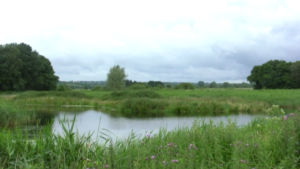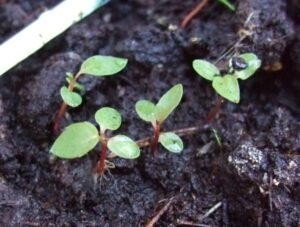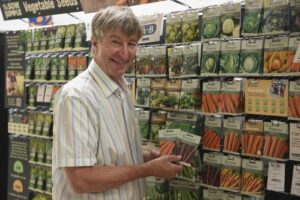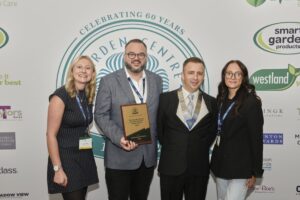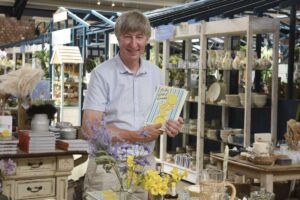Treasure Gardening, a new social enterprise, has launched into the UK market with its debut product, Wonderfuel, the first in a series of innovative, sustainable gardening products that aim to transform the horticultural industry by turning ‘waste into wonder’.
The result of eight years of extensive research and testing, Wonderfuel is a premium, peat-free compost crafted from carefully selected waste and unwanted materials, resulting in a ground-breaking, highly effective formulation that guarantees consistent results and has out-performed both traditional peat-based and peat-free alternatives in rigorous laboratory tests and growing trials. David Hall, the owner of professional growers ‘Halls of Heddon’ reported: ‘It did produce really good quality plants, even with Dahlias, which can be quite tricky’.
This commitment to excellence has earned the product a market-leading ‘A’ grade from the Responsible Sourcing Scheme for Growing Media. More than a multi-purpose compost, Wonderfuel caters for two growing stages – Stage 1 for seeds, cuttings, young plants and houseplants and Stage 2 for growing plants in pots, baskets containers and the garden. The brand is breaking away from traditional, uninspired packaging with bold, eye-catching designs, ensuring Wonderful stands out on the shelf as a fresh and innovative choice for eco-conscious gardeners.
Founded by multi award-winning environmental entrepreneur Trewin Restorick and horticultural expert and ‘compost connoisseur’ Simon Blackhurst. the company’s goal is to inspire and educate gardeners to adopt more sustainable practices, offering practical, easy-to-follow advice on using peat-free compost, collaborating with like-minded partners and investing in community initiatives to revitalise unloved spaces.
Simon Blackhurst, co-founder of Treasure Gardening, said:”Peat extraction is one of the most damaging practices in the horticultural industry and we’re determined to accelerate the transition away from the use of peat in gardening. Wonderfuel provides a highly effective and consistent alternative, ensuring gardeners can make the switch to sustainable growing without sacrificing performance.
“We know that transitioning to peat-free composts can feel daunting, so we’re committed to equipping gardeners with the knowledge and advice they need to succeed, whether they’re seasoned professionals or complete beginners. We would love to hear from retailers interested in offering this product this growing season.”
Wonderfuel will be produced in partnership with Durstons, a family-run business with a 150-year heritage, supporting its transition from peat-based production and enabling the product to be produced quickly at scale. A launch promotion in partnership with Toast Brewing, which crafts beer from surplus bread to tackle food waste, will offer Wonderfuel customers the chance to win a year’s supply of beer throughout the growing season.
Trewin Restorick, co-founder of Treasure Gardening said: “The potential for creating value from waste is extraordinary. Our goal is to unlock that potential and drive a circular economy within the horticultural sector, which we believe is ready for change.
“We have bold ambitions, a collaborative ethos and a passion for sustainability and innovation. With the help of retail partners, sustainability advocates, like-minded brands and the wider gardening community, we’re confident we can harness waste materials to create highly effective, sustainable products that are good for plants, people and the planet. Wonderfuel is just the beginning.”
Treasure Gardening’s future plans include exploring new ways to integrate UK-based waste by-products into new formulations, such as waste hops from breweries, dog hair and sheep wool. Inspired by innovative approaches, such as using seafood shells to replace fertilisers and the use of tomato plant foliage in packaging, the company is keen to hear from like-minded, innovative brands and organisations with a shared interest in developing circular solutions in horticulture.


